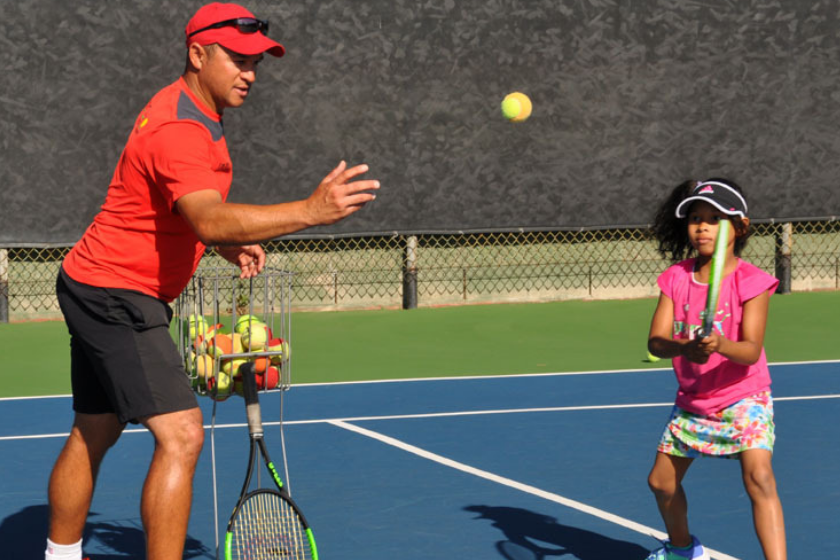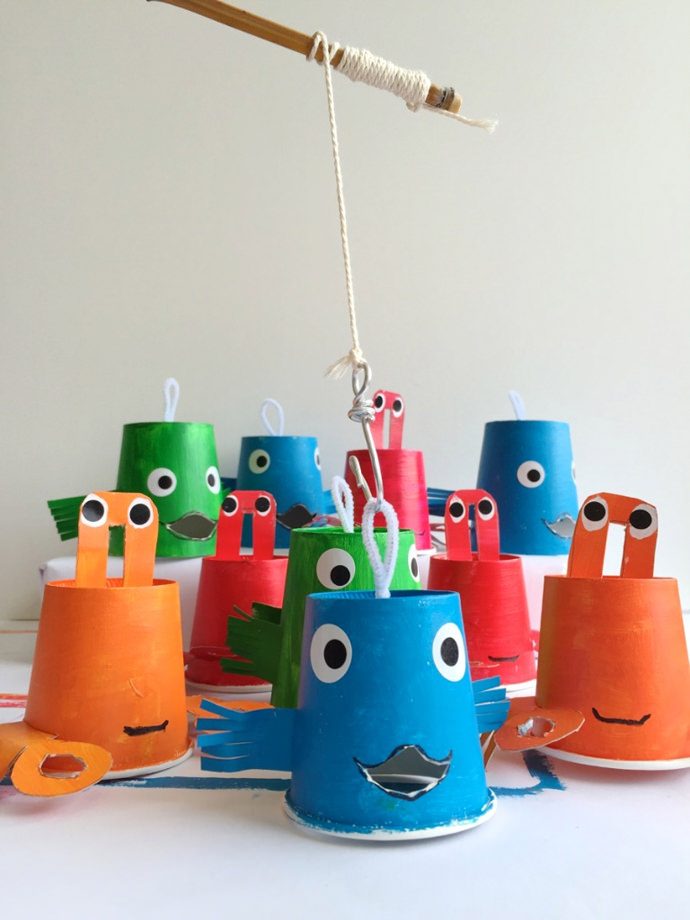A lot of us have grown up hearing, “Good Boy!” or “Good Girl” for everything we did right as a child. Go back to those memories when you were either trying to do things right so that you could hear those words from your parents again and again or when you were constantly trying to prove them wrong, a time when those two words felt more like a burden than praise.
Personally, I have been in both situations. When I was growing up, I remember my Mom would tell people that I was ‘very organized’, my cupboards and shelves were always clean and in order. I guess I felt good about it. Slowly, life got busier, and cupboards and shelves got messier. And each time, I saw the chaos in my wardrobe, I remember thinking to myself, “How you’ve changed! Clearly, that ‘title/tag’ which was conferred upon me as ‘praise’ had now become a burden.
Parents love praising their kids, thinking that it makes their child happy and more confident. Parents feel that praising helps reinforce positive behaviour, but in actuality, praise may result in tension and misbehaviour.
Do you Address Your Kids Like This?
The child often looks up to the parent to know more about herself, till the time she feels completely self-aware, which might happen much into adulthood. So, praise that evaluates the child’s character or personality – like “You’re such a good boy, You’re so smart and kind…” – works in 2 ways.
One – the child accepts these words, and tries to live up to it her whole life! If you are someone who did that or is still doing that as an adult today, you know how much pressure that is!
The other way such evaluative praise works is that the child may totally repel the praise if it does not match the image and expectation the child has about herself. Parents may often find that just after praising their child for good behaviour, they often start to act wild or misbehave to disprove the praise. If she feels unable to live up to this label, instead of fearfully waiting to be exposed, she may decide to lessen the burden immediately through a tantrum or misbehaviour, just so that you don’t carry such a high opinion of her that is difficult for her to match or live up to.
I am sure, as a parent, you never thought so deeply about the harmless phrase we so often tell our kids!
So then, should we not praise our children?
According to the renowned psychologist, Dr Haim Ginott
The single most important rule is that praise deal only with children’s efforts and accomplishments, not with their character or personality. Words of praise should mirror for the child a realistic picture of her accomplishments, not a distorted image of her personality.
Since I could never explain this better than the psychologist himself, I am including a short excerpt from his book – Between Parent and Child.
Praise consists of two parts: what we say to children and what they, in turn, say to themselves. Our words should state clearly what we like and appreciate about their effort, help, work, consideration, creation, or accomplishments. Our words should be framed so that a child will almost inevitably draw from them a realistic conclusion about his / her personality. Our words should be like a magic canvas upon which children cannot help but paint a positive picture of themselves.
Sounds like a lot of work, right! Well, it is until you make it a habit. As parents, we will need to learn a new language if we want to connect meaningfully with our children, and not merely speak. With a little bit of conscious effort and practice, it is not difficult to nail the art of praising our kids in a way that is not burdensome or unknowingly hurtful, but in a way, that enhances our child’s perception about him/herself.
Here’s A Sample Conversation
Kenny, age eight, helped his father fix up the basement. In the process, he had to move heavy furniture.
Father: The workbench is so heavy. It is hard to move.
Kenny (with pride): But I did it.
Father: It takes a lot of strength.
Kenny (flexing his muscles): I am strong.
Helping our child arrive at such positive ‘I AM’ statements is what our praise much do. In this example, Kenny’s father commented on the difficulty of the task, and Kenny himself arrived at the inference about his personal strength.
I tried a few myself –
- Instead of saying, “You are such a good painter”, I can say, “It looks like you put a lot of time and effort into making that painting so beautiful.”
- Instead of saying, “You are so smart” (after winning a game of chess), I can say, “I really enjoyed watching you think through each move carefully.”
I am determined to slowly hone this skill of praising positively, by being specific and descriptive in my praise, helping my child infer her own capabilities, rather than evaluating and delivering my judgement on her personality and character.
Children do not like to be evaluated (just like adults!). Imagine how you feel during your appraisals at work, you don’t feel loved, do you! Evaluative praise, however unknowingly, feels the same way.
Being specific and descriptive in our praise definitely requires some effort and practice. To make it simpler, I have been practising 2 simple phrases with my little toddler that does the job!
For everything she does right, for every instruction she chooses to follow, and every time I have the urge to say, “Good girl”, I just choose to say – Very Good or Thank You! That’s how I show her my appreciation for her work, efforts or action. Occasionally then, I describe to her the actions that I so truly appreciate. If I ask her to pack all her toys back into the cupboard and she chooses to do it; I first say ‘Thank you’, and then while she is around, I describe to her Dad how she ‘carefully packed all her toys back into the cupboard and helped clean the room’. I feel so good about saying it, I can imagine how proud she must feel herself, hearing me say it!
Well, till the time I master the art of praise that is descriptive of efforts rather than evaluative of character/personality, I’ll manage with these two phrases, and so can you!




















